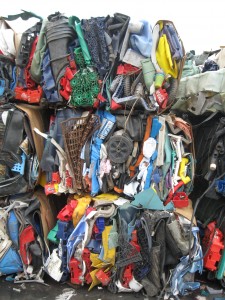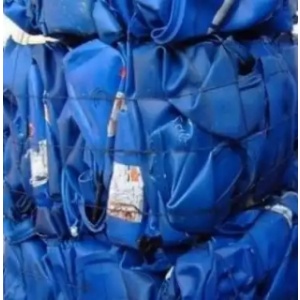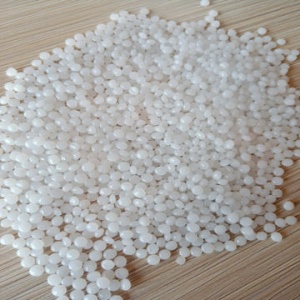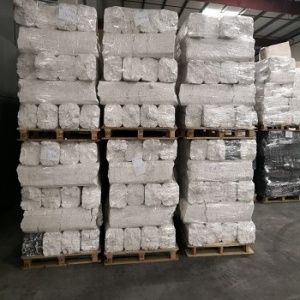Plastic Recycling
One need look no further than China’s 2013 Green Fence initiative to gauge the impact of politically driven measures upon plastic recycling.
This move cut deeply into U.S. plastic exports to Hong Kong and the rest of China, a cut from which the markets never fully recovered.
Particularly hard hit were post-consumer mixed plastic grades – grades which to the eye are less appealing, and in reality, do require additional sorting and processing. China’s then-booming economy created a market for mixed plastic grades, but the faltering of China’s economic juggernaut has cooled this demand.
The National Sword customs crackdown once again targets the lower mixed grade materials. This creates a real problem for U.S. exporters because China is the destination for the majority of this material.
If it doesn’t go to China, where does it go? The diversion of solid wastes from landfills is in many cases mandated, so the material will continue to be generated, in any case.
The past few years have shown the plastic recycling market to be volatile. This can be said of the entire recycled materials market over time, but the recovered plastic market is particularly influenced by external factors, perhaps to a greater degree than other commodities.
Increased international scrutiny of China’s environmental practices has generated significant negative attention from the world press. Whether you believe China’s green initiatives to be a reactionary response to this, or to be politically motivated for other goals, the effects on U.S. recycling exports can hardly be overstated.
On the surface, the National Sword measure is targeted at criminal activity, illegal imports, and corruption. In practice, however, it is restricting the import of lower grade mixed plastics – material that has a monetary value, and that has historically been imported by China for recycling.
Mixed plastics can be sorted, cleaned, and processed. Clean grades of plastic can still be sent to China, though there is a strong domestic market for this material. The issue here is expense. Plastic is made from petroleum. With a global petroleum glut, and cheap oil abundantly available, there is little incentive – and little margin for – elaborate processing. U.S. recyclers that can handle this material are now able to charge for mixed plastic bales, rather than pay for them, as there is no global destination for them.
China’s commitment to future restrictions, with the goal to “effectively ban the import of plastic scraps”, according to Steve Wong.
Executive President of the China Scrap Plastics Association, is the white elephant in the room. It is unlikely that all the recyclers will survive, especially ones that specialize in the lower grades of mixed plastic – they can’t import the raw material





Reviews
There are no reviews yet.